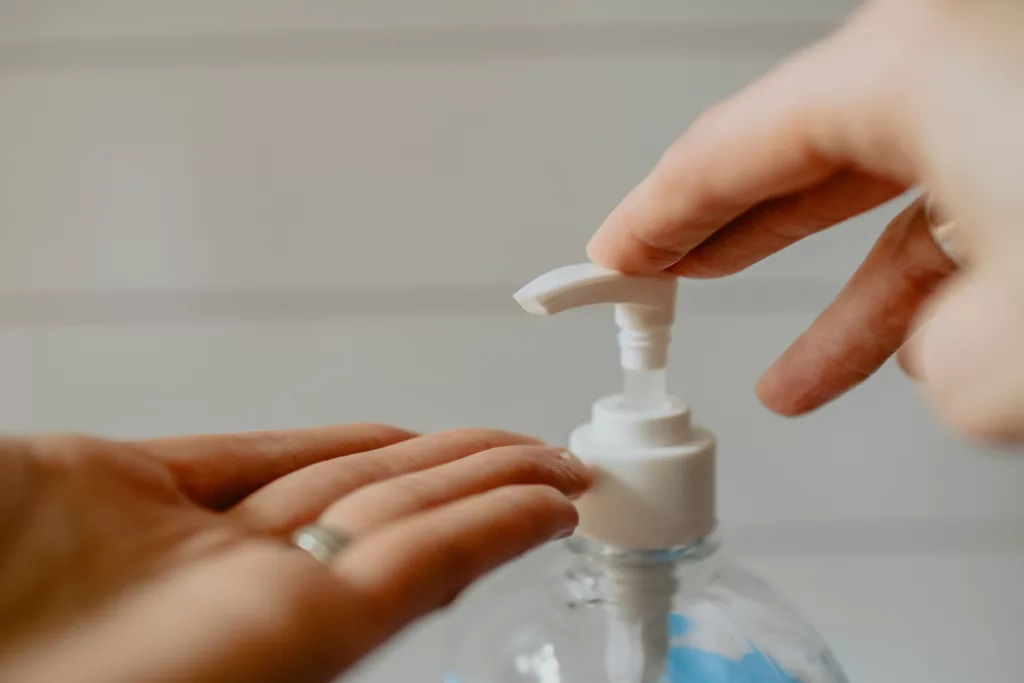As our loved ones age, it becomes important to provide them with the care and support they need to live a comfortable and fulfilling life. Many older people prefer to stay in their own homes as they age, surrounded by familiar surroundings and cherished memories. In this blog post, we will explore the various aspects of caring for older people in the home and provide helpful tips and guidance.
Creating a Safe Environment
The first step in caring for older people in the home is to create a safe and secure environment. This involves removing any potential hazards such as loose rugs or cluttered pathways that may increase the risk of falls. Installing handrails in the bathroom and grab bars near the bed can also provide additional support. Adequate lighting throughout the house is essential to prevent accidents.
Assistance with Activities of Daily Living
Older people often require assistance with activities of daily living (ADLs), such as bathing, dressing, and meal preparation. It is important to ensure that they have access to the necessary support to maintain their personal hygiene and nutrition. Hiring a caregiver or home health aide can be beneficial in providing the required assistance.
Promoting Social Interaction
Loneliness and social isolation can have a detrimental effect on the overall well-being of older people. To combat this, it is important to encourage social interaction and engagement. This can be achieved by organizing regular family visits, arranging outings or social events, or even enrolling them in community programs or clubs tailored for seniors.
Managing Medications
As individuals age, they often have multiple medications to manage. It is crucial to establish a system to ensure that medications are taken as prescribed. This can include setting up a pill organizer, creating a medication schedule, or using medication reminder apps. Regular communication with healthcare professionals is also important to review and adjust medication regimens as needed.
Regular Health Monitoring
Maintaining good health is essential for older people. Regular health monitoring, including routine check-ups, screenings, and vaccinations, can help detect any potential health issues early on. It is important to work closely with healthcare providers to develop a personalized healthcare plan that addresses the individual’s specific needs and concerns.
Emotional Support and Companionship
Caring for older people goes beyond physical assistance. Emotional support and companionship are equally important for their overall well-being. Spending quality time with them, listening to their stories, and engaging in activities they enjoy can provide a sense of fulfillment and happiness.
Seeking Professional Help
While providing care for older people in the home is a rewarding experience, it can also be challenging, especially for family caregivers. It is essential to recognize when additional professional help may be required. This can include seeking respite care services to provide temporary relief for caregivers or considering assisted living or nursing home facilities if the level of care needed exceeds what can be provided at home.
Conclusion
Caring for older people in the home requires careful planning, attention to safety, and a holistic approach to their well-being. By creating a safe environment, providing assistance with daily activities, promoting social interaction, managing medications, monitoring health, offering emotional support, and seeking professional help when needed, we can ensure that our loved ones receive the care they deserve as they age in the comfort of their own homes.



